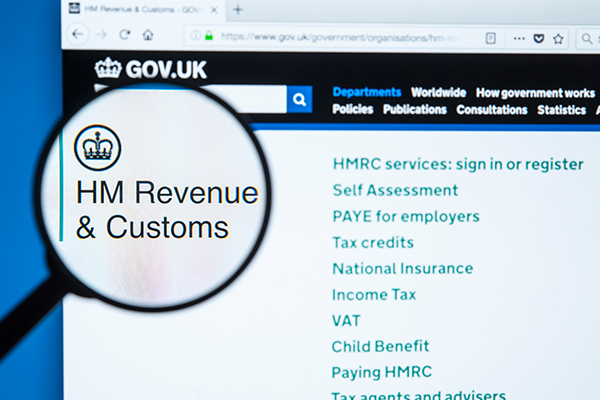
Author: Adam Spriggs, R&D Tax Director

On Monday 14 November, a House of Lords subcommittee sat to discuss R&D Tax Relief and heard evidence from some sectors utilising it as well as advisors.
Following recent reports of large-scale fraud and abuse of the scheme as well as its cost to the treasury, there has never been more of a spotlight on the R&D Tax schemes.
Whilst HMRC increased their R&D workforce by 100+ around 2 years ago to allow them to review more claims, and with new measures coming into force from April 2023 around report content and early notification, if companies haven’t previously claimed, these measures alone do not do enough to address the abuse and concerns on the regime.
Only a finite amount of the near 90k annual claims is able to be reviewed and there is still finite experienced resource at HMRC, which has led to an increase in generic opening letters that shows no evidence that submitted reports to substantiate the qualifying expenditure have even been reviewed. Furthermore, much in the same way automated software exists to prepare a report, as mentioned during the subcommittee, it wouldn’t take long for these platforms to be updated to address the new requirements from next year.
With the Chancellor looking at raising taxes to fund a ‘£55bn fiscal hole’, as reported by the FT, it feels inevitable that the R&D schemes will be examined to see if they are fit for purpose and too high. With most countries around the world offering some form of R&D scheme, I do not see it being abolished, but with the reintroduction of the 25% Corporation Tax, the net benefit for +£250k profit making SMEs will increase from 24.7% to 32.5% (close the top 33.35% for loss making businesses). The 130% SME uplift has been in place since 2015 and I see this either going down to the 2012 level of 100% (which would bring the net SME benefit down to current levels at 25%) or possibly going further to the 2011 rate of a 75% (which would bring the net benefit rate down to 18.75%).
Focusing on the rates seems like the quick and easy option to reduce the amount that the treasury pays out annually, without addressing the root of the problem. The subcommittee brought up discussions around rewarding ‘first to world’ innovation vs ‘new to firm’, requiring R&D advisors to belong to a regulatory body (which has long been discussed) as well as improvements to how HMRC are set up to efficiently review and approve claims.
Much has been made around those claiming for developing websites, blueberry muffins and setting up social distancing in an office, but I do believe there are more genuine claims than spurious ones and the actions of those abusing the scheme are impacting those businesses who do take care and want to submit legitimate claims. It is agreed that steps must be taken but many claimants and advisors are concerned that those being discussed wouldn’t genuinely fix anything, beyond reducing a headline number.
Thursday’s budget is likely to be the most important and impactful budget since the scheme’s inception 22 years ago.



